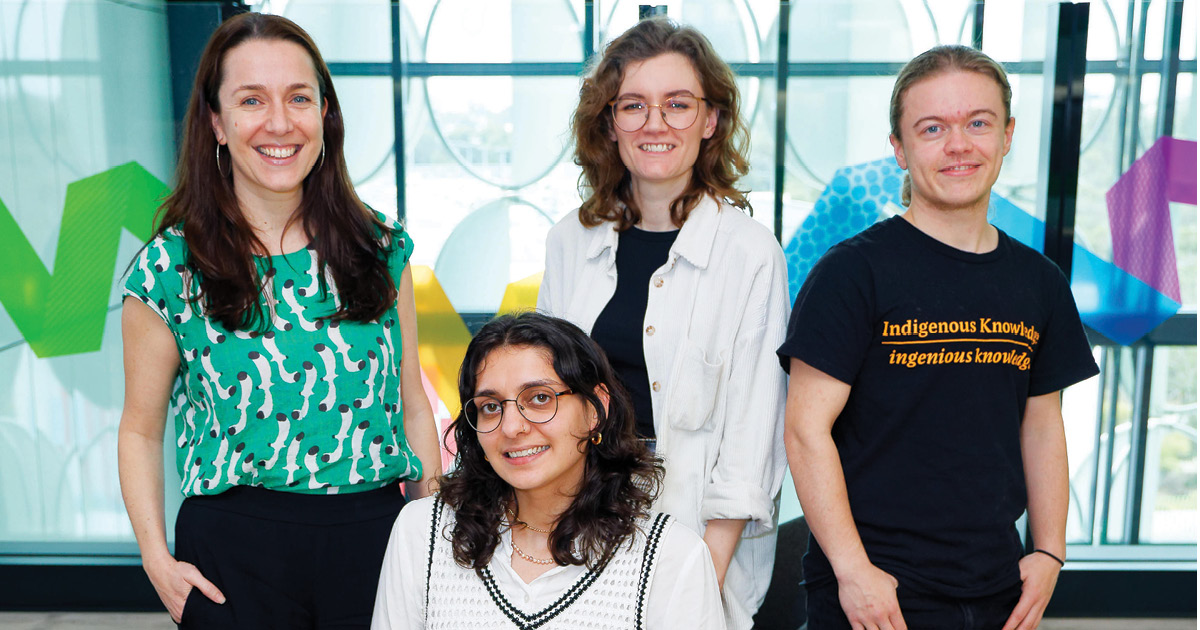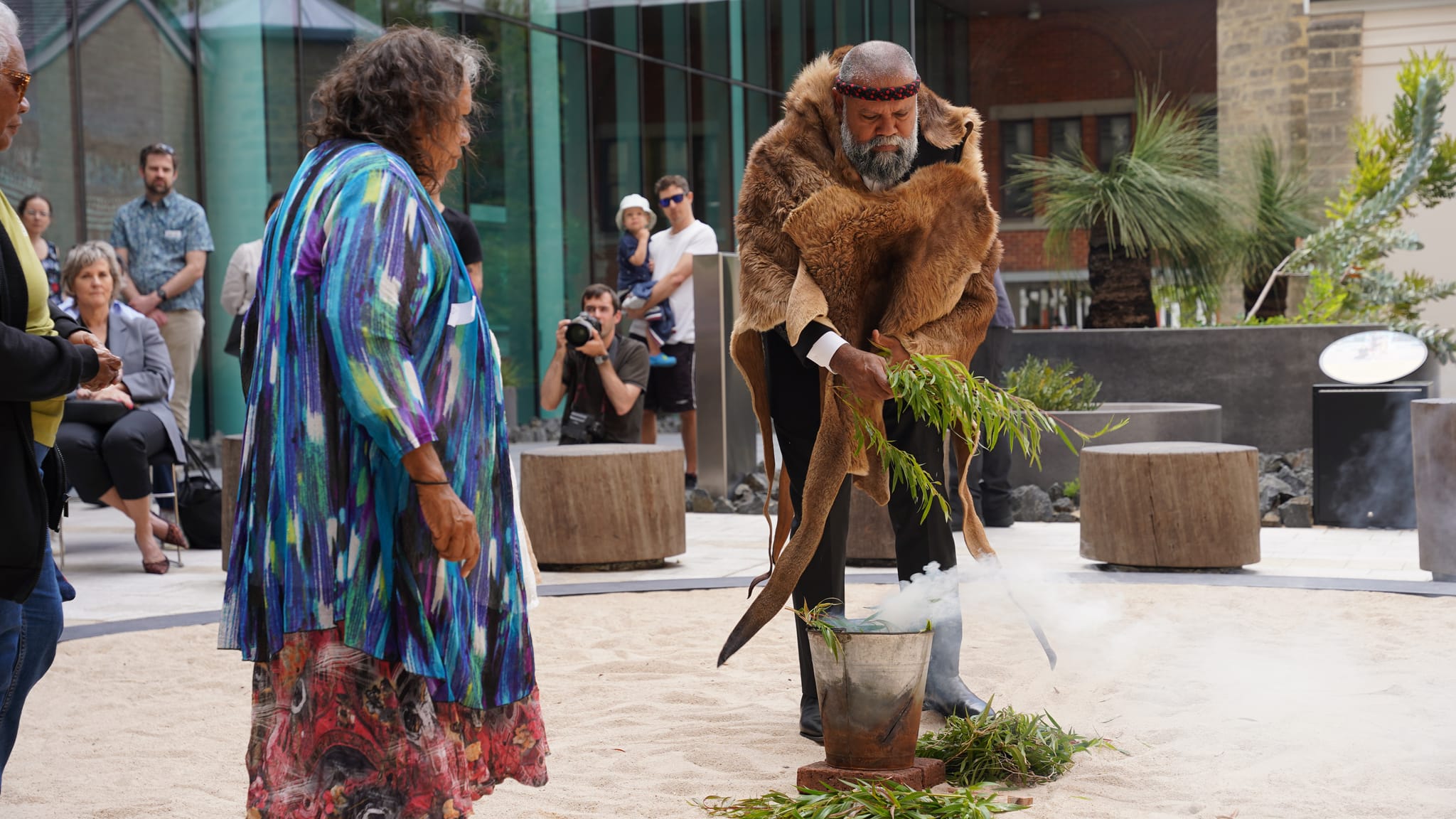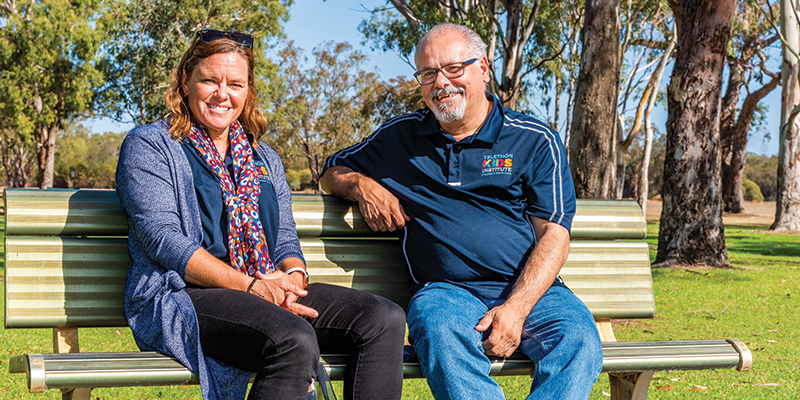Search
Showing results for "mental health aboriginal"

Alarming statistics laying bare the social emotional wellbeing and mental health challenges facing Aboriginal and Torres Strait Islander LGBTQA+ youth are driving a multi-partner program to provide them with greater support.
Research
Virtual Reality Integrated Social Recovery (VISOR)As well as specific symptom clusters, psychosis effects important non-symptom domains including social cognition and social-occupational functioning.

News & Events
Urgent change needed to Close the GapThere is an urgent need for improved cultural safety for Aboriginal and Torres Strait Islander young people in mental healthcare, new research has revealed.

News & Events
Giving wings to a generation of Indigenous leadersIn 2005, The Kids Research Institute Australia won a National Health & Medical Research Council Indigenous Capacity Building Grant.
News & Events
High stress burden takes toll on Aboriginal childrenA landmark new report on the social and emotional wellbeing of Aboriginal children
Research
Culture, Connection and Care: The Role of Institutional Justice Capital for Enhancing the Wellbeing of Aboriginal and Torres Strait Islander Children in Out-Of-Home CareEnsuring that Aboriginal and Torres Strait Islander children removed from their families by child protection services remain connected to their kin, Country and culture is a priority to begin to redress the intergenerational trauma and harm caused by colonisation. This article describes the views of staff working in three mainstream out-of-home care organisations, where children are cared for by non-Indigenous foster carers.

News & Events
Senior researcher joins Embrace childhood trauma research groupResearch Fellow Karen Lombardi recently joined Embrace @ The Kids Research Institute Australia
Research
Adaption and implementation of Aboriginal child lung health tools for northern Western AustraliaAndré Schultz MBChB, PhD, FRACP Head, BREATH Team Head, BREATH Team Prof André Schultz is the Head, BREATH Team at The Kids Research Institute

News & Events
Engaging youth at the Albany Pride 2025 Fair DayAssociate Professor Yael Perry and project coordinator Holly Moss reflect on their experiences attending the busy annual event.
Research
Co-Designing Health Service Evaluation Tools That Foreground First Nation Worldviews for Better Mental Health and Wellbeing OutcomesIt is critical that health service evaluation frameworks include Aboriginal people and their cultural worldviews from design to implementation. During a large participatory action research study, Elders, service leaders and Aboriginal and non-Aboriginal researchers co-designed evaluation tools to test the efficacy of a previously co-designed engagement framework. Through a series of co-design workshops, tools were built using innovative collaborative processes that foregrounded Aboriginal worldviews.
